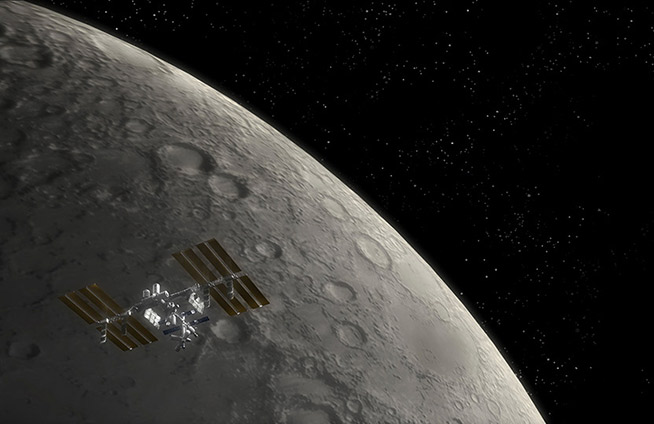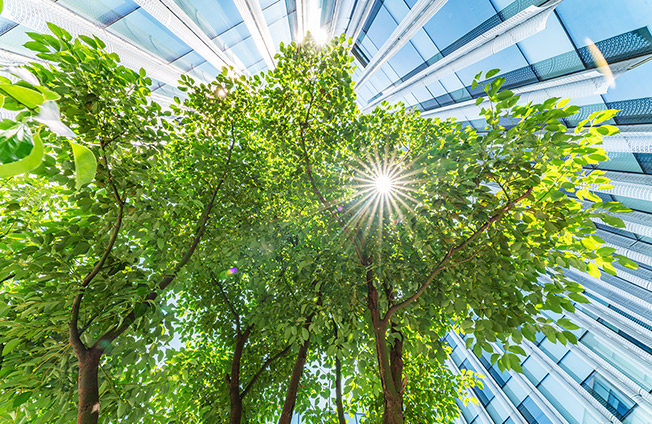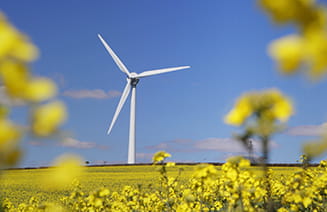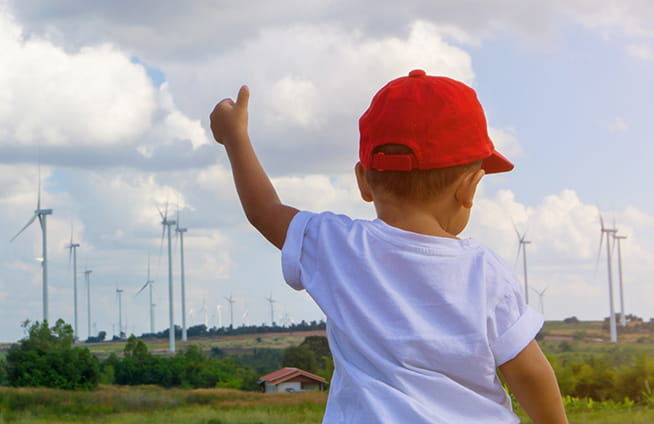“What's next for our planet?”
-
- Boosting Industrial Autonomy with AI
- How Waste to Energy can Complement Circularity
- Tracking Carbon Footprints in the Next Evolution of Accounting
- Carbon Neutrality, a Challenge That Transcends Industrial Boundaries
- Symbiotic Economy: Creating Value through the Power to Connect
- Yokogawa's Purpose: A Lodestar for Our Social Mission
- Mastering the Art of Coexistence: A Brave, Symbiotic New World
- The Challenge of Clearing the Path to Renewable Energy
- Harnessing the Energy Circulating in Regional Communities
- Digital Transformation Accelerated by Co-innovation
- Seizing the Future: Unleashing the Potential of Biotechnology
- A Co-innovative Approach to Pursuing a Sustainable Future
-
- Boosting Industrial Autonomy with AI
- How Waste to Energy can Complement Circularity
- The Space Business: Spinning the Future of the Earth
- A Scenario for the Future of Food for Well-being
- Yokogawa's Purpose: A Lodestar for Our Social Mission
- Our Water Future is Our World's Future
- The Future, Brought to You by Industrial Autonomy
- Technological Courage Delivers Unprecedented Biological Insight
- From Automation to Autonomy: The Next Iteration of Industry
- Leveraging AI to Manufacture the Future
- Digital Transformation Accelerated by Co-innovation
- Life Innovation Achieved through Co-creation
- Seizing the Future: Unleashing the Potential of Biotechnology
- Ergonomics: Beyond Interaction
- A Co-innovative Approach to Pursuing a Sustainable Future
-
- Boosting Industrial Autonomy with AI
- How Waste to Energy can Complement Circularity
- Tracking Carbon Footprints in the Next Evolution of Accounting
- Carbon Neutrality, a Challenge That Transcends Industrial Boundaries
- The Space Business: Spinning the Future of the Earth
- A Future Scenario for a Flourishing Circular Society
- Symbiotic Economy: Creating Value through the Power to Connect
- Yokogawa's Purpose: A Lodestar for Our Social Mission
- Our Water Future is Our World's Future
- Mastering the Art of Coexistence: A Brave, Symbiotic New World
- Harnessing the Energy Circulating in Regional Communities
- A Co-innovative Approach to Pursuing a Sustainable Future
-
Content Gallery




















